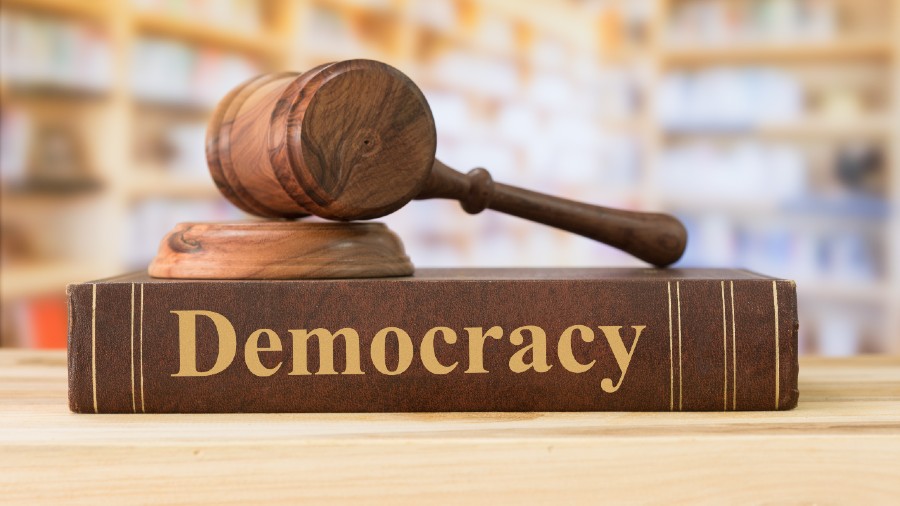Within five days of the announcement of Agnipath, the scheme had been amended 10 times, raising the larger question concerning consultation in policy-making. The Bharatiya Janata Party-led National Democratic Alliance government has taken a number of policy decisions without public consultation — from demonetisation, which saw 60 changes in 43 days, to GST, which has been amended 376 times in 10 months, to farm laws that were repealed after one year. Continuous changes in legislation indicate poor consultation in policy-making. A recent news report suggests that even deliberation in the cabinet has shrunk, with ministers conceding their space to the Prime Minister’s Office.
The constitutional framework does not mandate the chief executive to mandatorily consult the council of ministers. But a careful reading of Article 75(3) reveals that the council of ministers is responsible to the House of the people, making the prime minister first among equals. The Kerala High Court and the Supreme Court have endorsed this principle in separate judgments. Internal consultation is not only important in bringing uniform and refined laws but also affirms to the broader constitutional principle of power-sharing among the representatives. Scholars, too, have argued that the cabinet has a very significant role in policy-making.
Citizens’ participation in policy-making is an important factor in assessing the quality of democracy. Despite the technological advancement and launch of MyGov.in to collaborate with different public institutions to echo the people’s voice, India is still performing poorly in public consultation. In a deliberative democracy, the value of participation in policy-making is crucial as it gives representation to the voice that gets affected by the outcome of these policies. Legislative consultation in diverse societies like India can be an effective tool for not only raising civic consciousness on democratic participation but also ensuring the continuity of democratic culture.
Uploading bills for mandatory consultation, providing the requisite time for feedback, translating bills into regional languages, and making them accessible can make the policy framework inclusive. Translation is an important tool in bridging the gap in citizens’ participation. Research has affirmed that comprehending regional languages is significant for individual identity. However, what we are witnessing instead are efforts to impose Hindi, alienating a section of non-Hindi speaking citizens from policy-making. The presidential order of 1960 mandates the creation of the Official Languages (Legislative) Commission in the states. This commission was created with the purpose of translating Central laws into regional languages. However, only Karnataka, Kerala, Tamil Nadu and Assam have such dedicated Commissions. Other states rely on law department translators and independent collaborators that eventually delays translations. Impediments in translation can be rectified through the enactment of legislation mandating translations into regional languages. Engagement with the civic organisations with expertise in translation in regional languages can foster the growth of legislative outreach. One such organisation is Socio Legal Literary, which has been instrumental in translating into regional languages important legislations and constitutional texts that affect individual rights.
Echoing the importance of deliberation and people’s representation, Ram Manohar Lohia had remarked, “If the roads become silent, Parliament becomes awry.” People are the fifth pillar of democracy. Today our democracy requires participative and continuous engagement among all its pillars to cultivate and sustain the democratic spirit.
(Namrata Jeph and Rajesh Ranjan are senior advisor and co-convenor, respectively, of the Legal Aid and Awareness Committee, National law University, Jodhpur)










